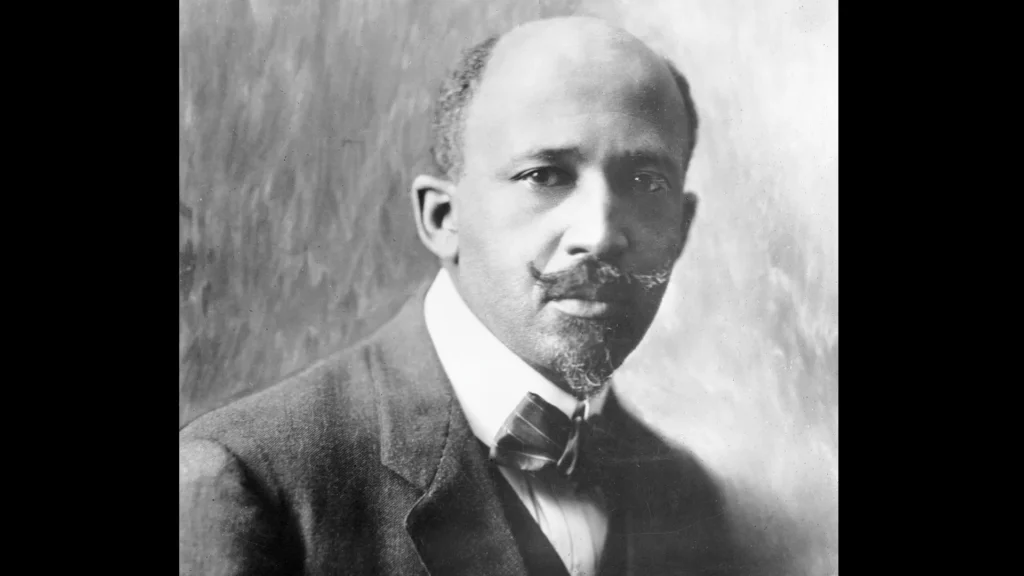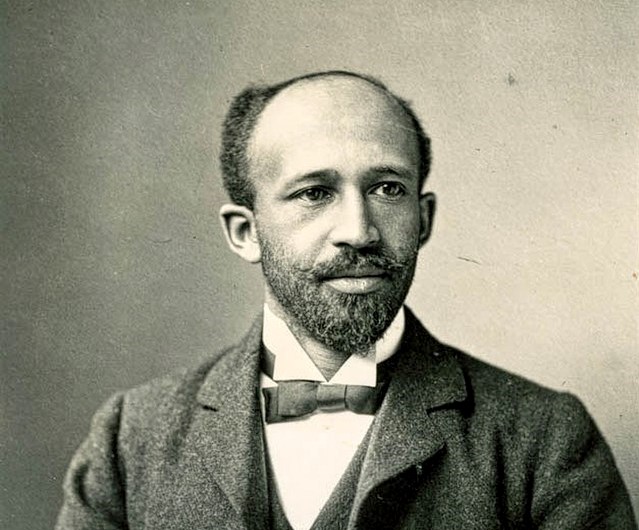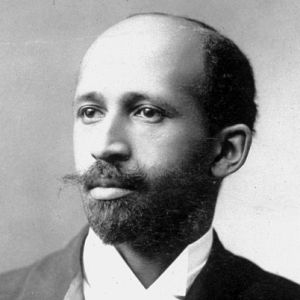W.E.B. Du Bois: The Scholar Who Shaped the Modern Black Intellectual Movement
Share

W.E.B. Du Bois stands as one of the most influential thinkers in American history, a scholar, activist, and visionary whose intellect helped define what it meant to be Black in a segregated America. A man of unmatched brilliance and conviction, Du Bois demanded not just freedom for Black Americans, but equality in every sense: political, social, and intellectual.

Born in 1868 in Great Barrington, Massachusetts, William Edward Burghardt Du Bois grew up in a relatively tolerant environment but quickly became aware of the deep racial divisions that shaped American life. He attended Harvard University and later became the first African American to earn a Ph.D. from Harvard, a groundbreaking achievement in its time. His studies continued at the University of Berlin and University of Pennsylvania, where he began exploring how race and class influenced social structures, pioneering work that would later shape the field of sociology.

Du Bois’s landmark 1903 book, The Souls of Black Folk, remains one of the most important works in American literature. In it, he introduced the concept of “double consciousness”, the internal conflict of being Black and American in a country that often denied both identities equal value. His writing gave language and power to the experience of living in a world divided by race and injustice.

In 1909, Du Bois co-founded the National Association for the Advancement of Colored People (NAACP), serving as editor of its influential magazine, The Crisis. Through its pages, he became a leading advocate for full civil rights, higher education, and political representation for Black Americans. Unlike contemporaries who urged gradual change, Du Bois demanded immediate equality, a stance that made him both respected and controversial.
Throughout his life, Du Bois believed that knowledge was liberation. He championed what he called the “Talented Tenth”, the idea that a highly educated Black elite would help lead the race to social and political advancement. His advocacy, research, and writing inspired generations of Black leaders, from Martin Luther King Jr. to Malcolm X, and shaped the intellectual foundation of the modern Civil Rights Movement.
In his later years, Du Bois turned his attention to global issues of race and colonialism, eventually moving to Ghana, where he became a citizen and continued his work until his death in 1963, just one day before the historic March on Washington.






